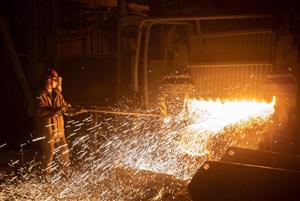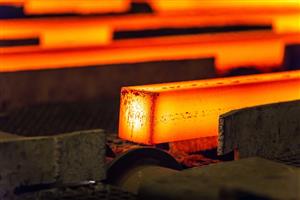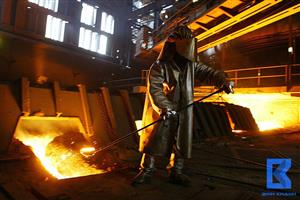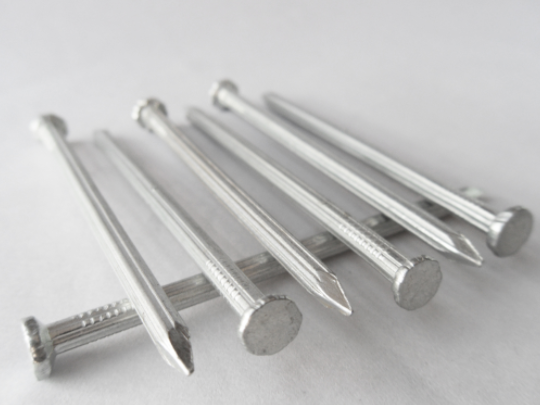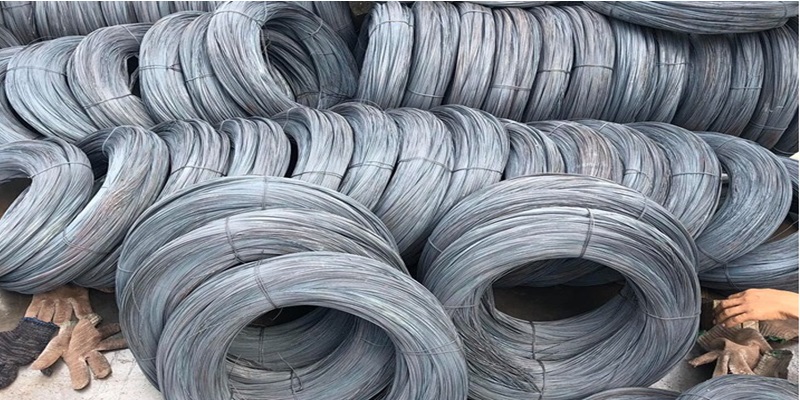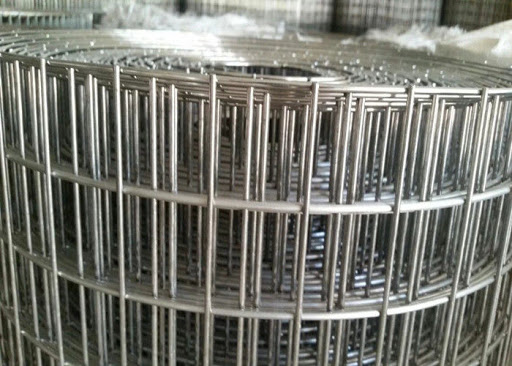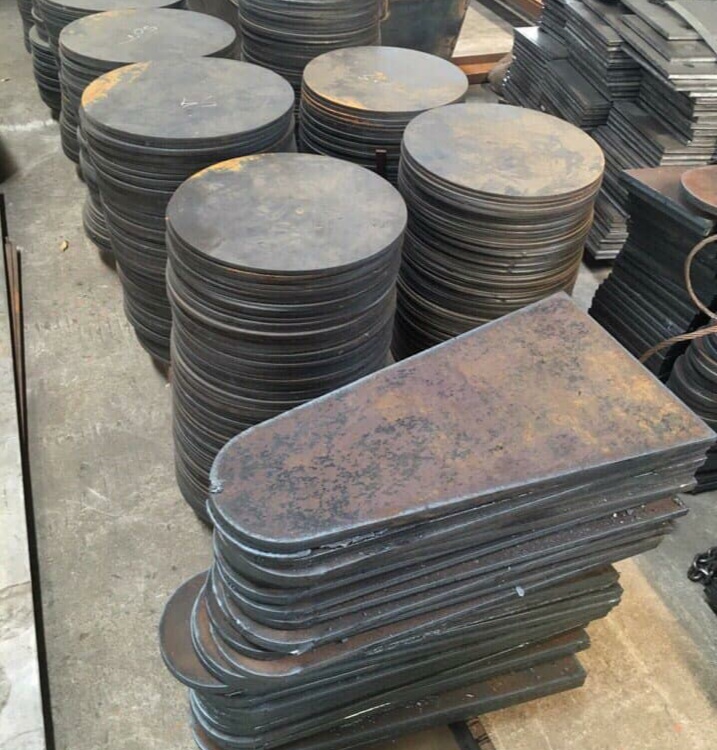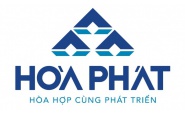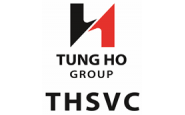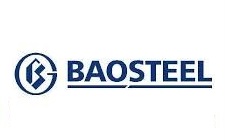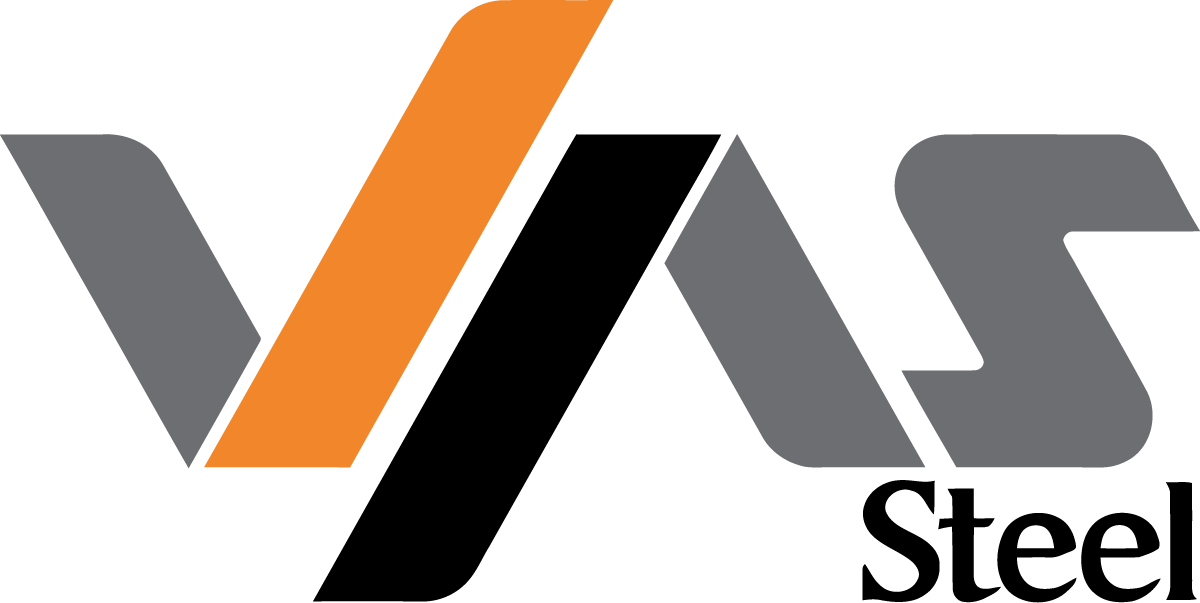Decree No. 08/2022/ND-CP detailing a number of articles of the newly promulgated Law on Environmental Protection 2020. In which, the environmental protection deposit is regulated in the import of scrap from abroad as raw production materials.
Accordingly, the environmental protection deposit in the import of scrap from abroad as raw production materials to ensure that the organization or individual importing the scrap is responsible for handling risks and risks of possible environmental pollution. arising from the shipment of imported scrap.
Specifically, organizations and individuals importing scrap shall deposit at the Vietnam Environmental Protection Fund, or the provincial environmental protection fund, or the credit institution where the organization or individual opens a trading account. (the organization receiving the deposit). The deposit is made according to each shipment, or each contract with information and value of the imported scrap shipment.
The deposit is paid and refunded in Vietnam Dong and enjoys the agreed interest rate in accordance with the law.
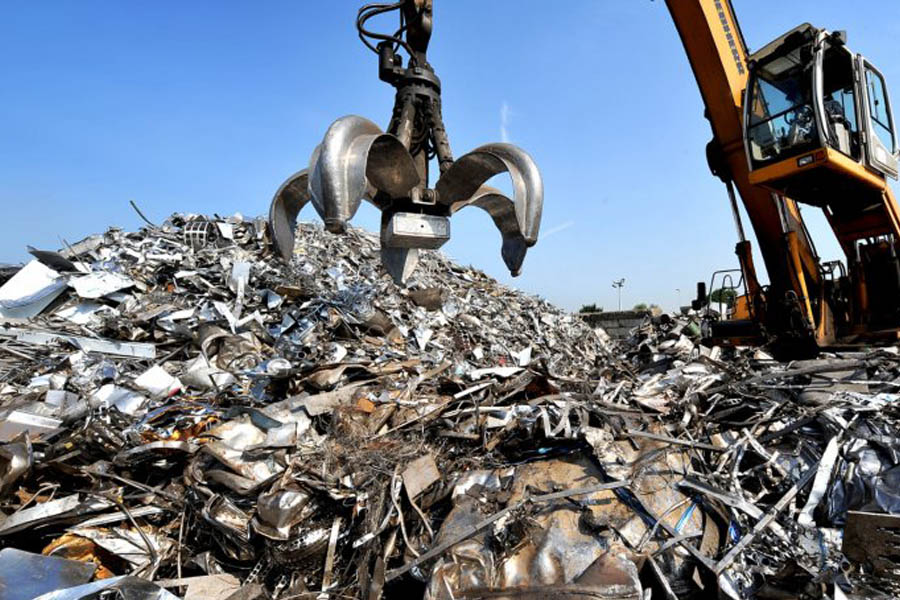
Organizations and individuals importing scrap iron and steel must make an environmental protection deposit in the import of scrap from abroad as raw production materials.
Organizations and individuals importing scrap iron and steel must make an environmental protection deposit in the import of scrap from abroad as raw production materials with the amount specified as follows: Import volume is less than 500 tons must make a deposit of 10% of the total value of the imported scrap shipment; Import volume from 500 tons to less than 1,000 tons must pay a deposit of 15% of the total value of imported scrap shipments; Import volume of 1,000 tons or more must make a deposit of 20% of the total value of the imported scrap shipment.
Organizations and individuals that import scrap paper and scrap plastic must make an environmental protection deposit in importing scrap from abroad as raw production materials with the amount specified as follows: 100 tons must make a deposit of 15% of the total value of imported scrap shipments; Import volume from 100 tons to less than 500 tons must make a deposit of 18% of the total value of imported scrap shipments; Import volume of 500 tons or more must make a deposit of 20% of the total value of the imported scrap shipment.
Organizations and individuals importing scrap not specified above shall make an environmental protection deposit in the import of scrap from abroad as raw production materials with the specified amount of 10% of the total value of the shipment. imported scrap.
Handling and destroying imported scrap in violation of regulations on waste management
The Decree also stipulates the management and use of the environmental protection deposit in the import of scrap from abroad as raw production materials. Specifically, the organization receiving the deposit where the organization or individual importing scrap makes an environmental protection deposit in the import of scrap from abroad as raw production materials is responsible for freezing the deposit according to regulations. provisions of the law.
The escrow-receiving organization that has received the deposit is responsible for returning the deposit amount to the scrap-importing organization or individual after receiving a written request from the scrap-importing organization or individual, enclosed with information. about the number of import customs declarations for imported scrap shipments that have been cleared or information on the cancellation of the import customs declarations by the customs authorities, or the completion of the decision on re-export or destruction according to the regulations. regulations on waste management.
In case the imported scrap is not cleared for customs clearance and cannot be re-exported, the deposit is used to pay the cost of handling and destroying the infringing scrap. If the deposit for imported scrap is not enough to pay all expenses for handling and destroying infringing imported scrap, the organization or individual that imports scrap is responsible for paying the expenses. this. Products after treatment, destruction of imported scrap with value in violation will be confiscated according to the provisions of law (excluding the part of products made from other raw materials, additives or scraps mixed according to the provisions of law). production process of the unit designated to handle the infringing imported scrap) and cannot be accounted into the cost of handling and destroying the infringing imported scrap.
The treatment and destruction of imported scrap in violation must comply with regulations on waste management. Violating organizations and individuals are responsible for reaching an agreement with competent units to treat and destroy infringing wastes and scraps; The unit handling and destroying imported scrap in violation must be recorded in the sanctioning decision of the person competent to sanction administrative violations as prescribed by law. In case it is not possible to identify the violating organization or individual importing scrap, the handling and destruction of the violating imported scrap shall be carried out by the State in accordance with law.
The report of the General Department of Customs shows that, in 2020, Vietnam imported about 6.3 million tons of iron and steel scrap, with a turnover of 1.67 billion USD, equivalent to 11.4% over the same period last year.
Through the import of scrap, many items are at risk of causing environmental pollution such as: Old and broken machinery and equipment, electronic components containing hazardous waste. This has put great pressure on the process of destroying scraps, waste products and waste in environmental protection.
Besides, currently iron and steel scrap is allowed to be imported into Vietnam for recycling and production input. Many enterprises operating in Vietnam's iron and steel industry use scrap iron and steel for the heating and smelting stages of cast iron to create new products.
However, the management and supervision of production activities from scrap to finished products need to be managed and monitored strictly. Some economic experts worry that the fact that Vietnam imports scrap, produces steel billets and then exports steel billets to other countries, which will easily turn Vietnam into a raw production chain with little added value and pose risks to the economy. environment caused by waste recycling activities.
Environmental economics
 English
English  Vietnamese
Vietnamese
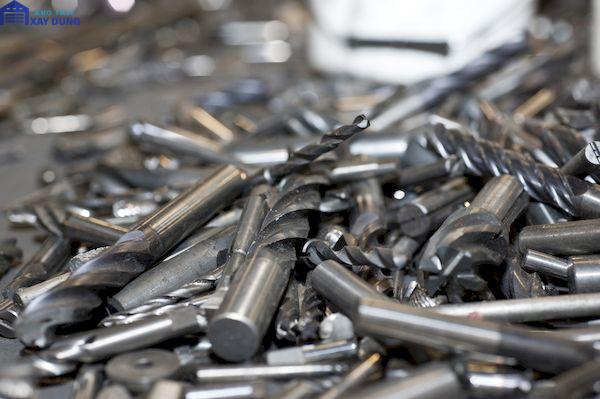


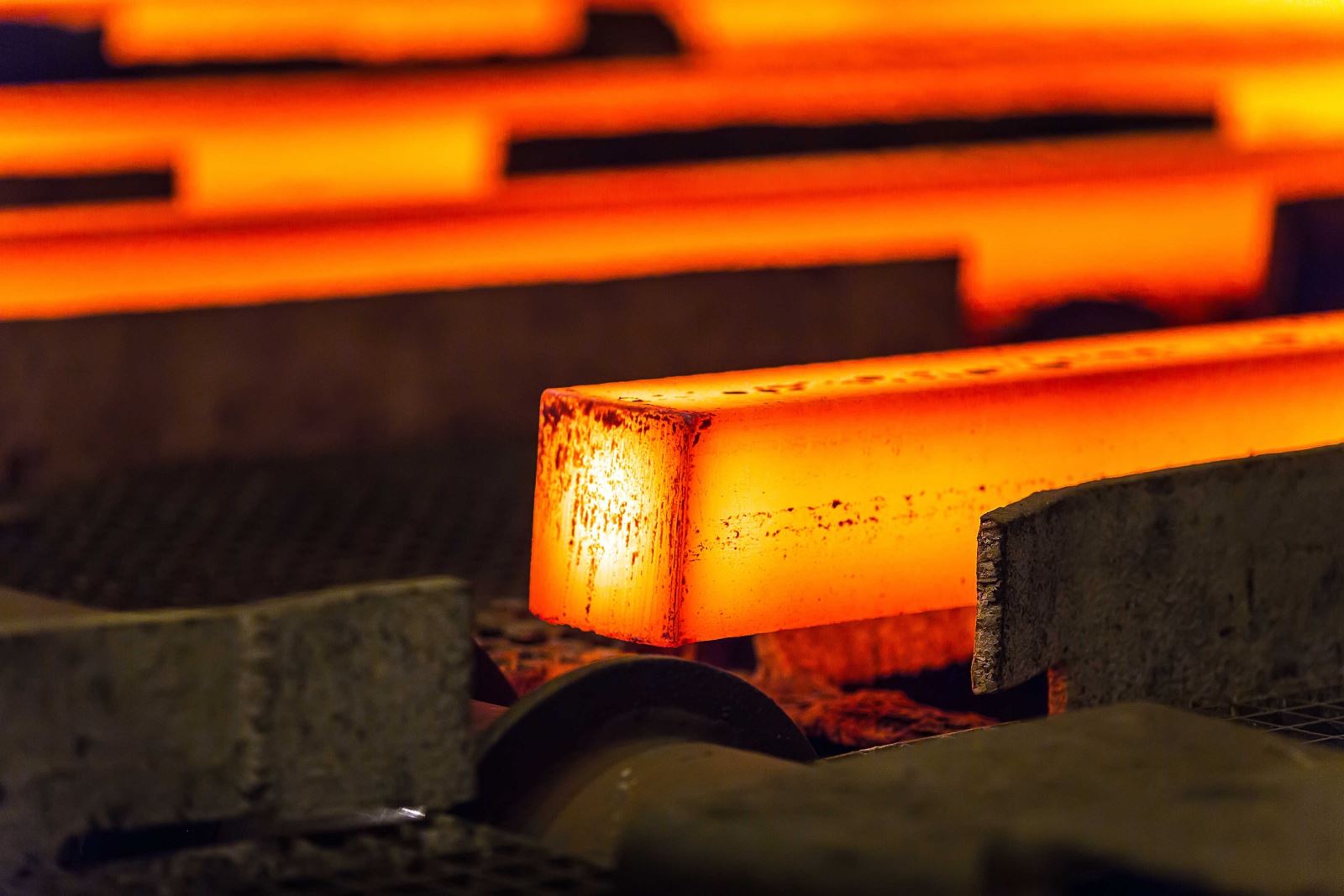
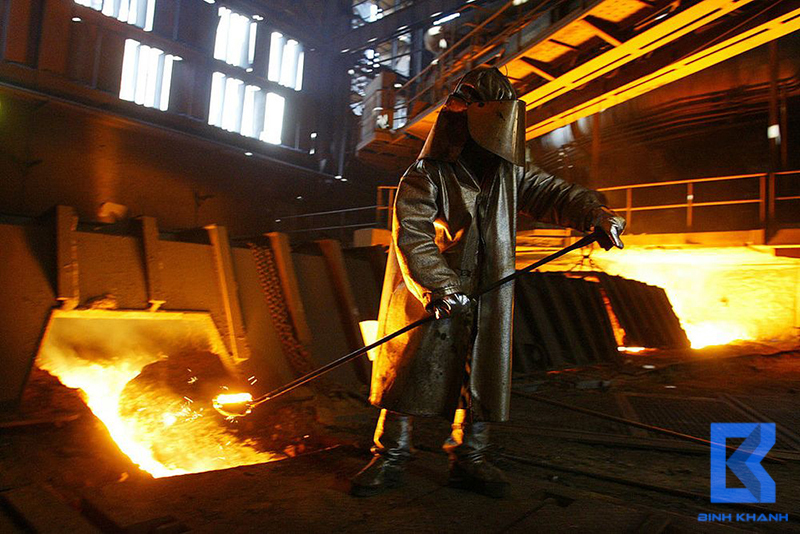

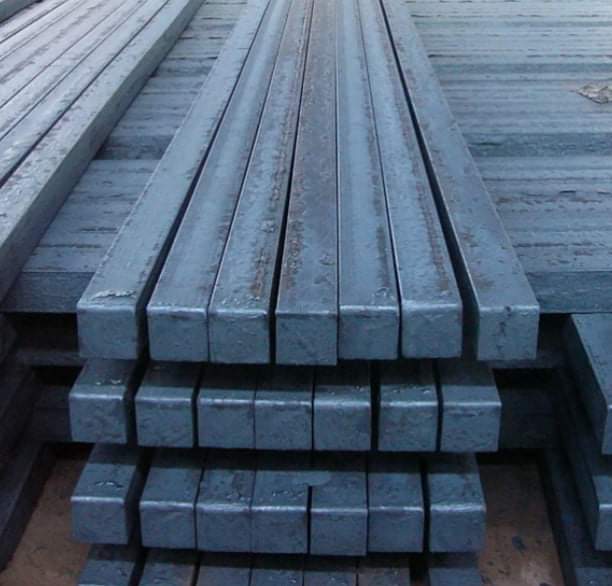
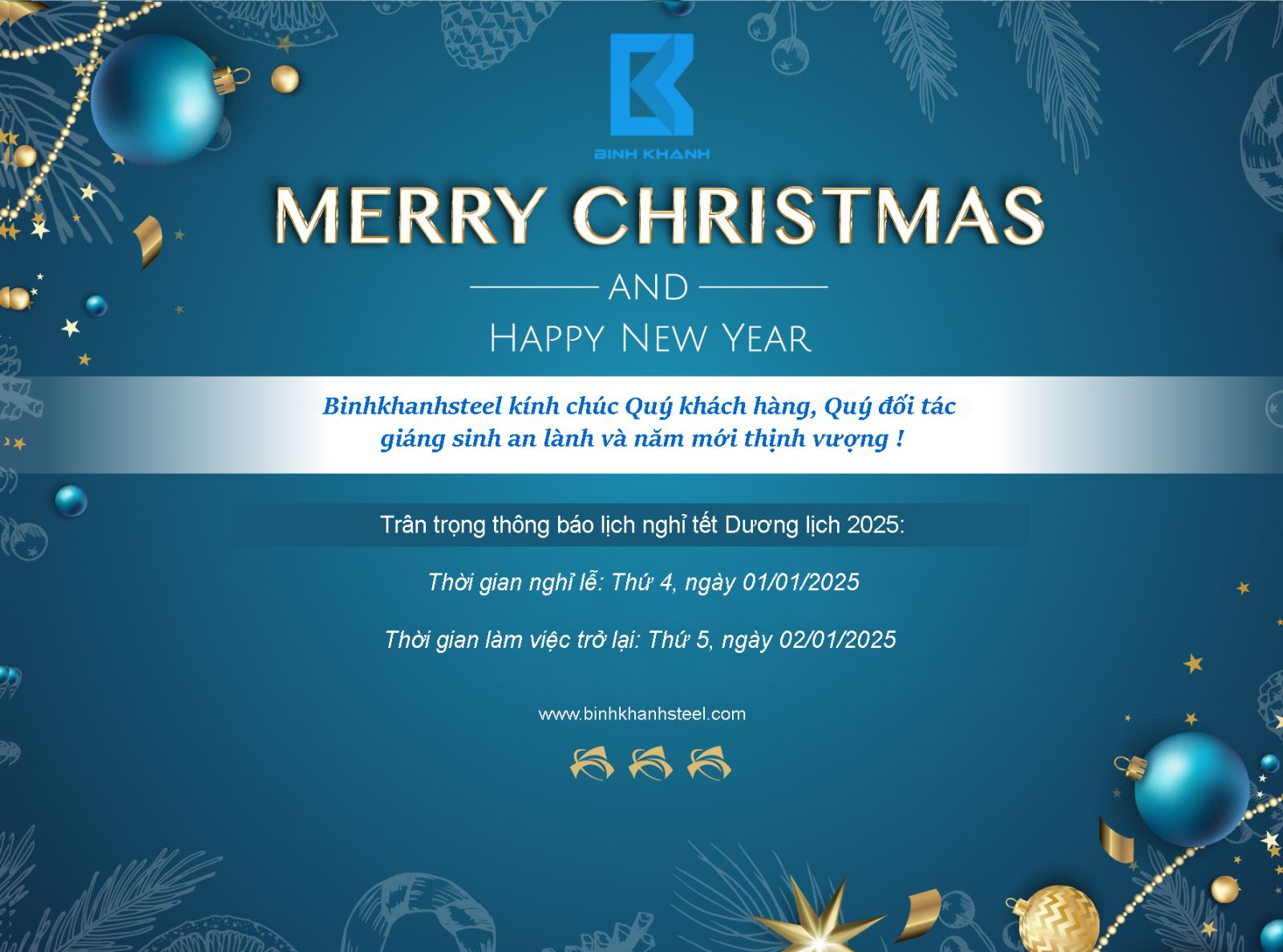
w300.jpg)
